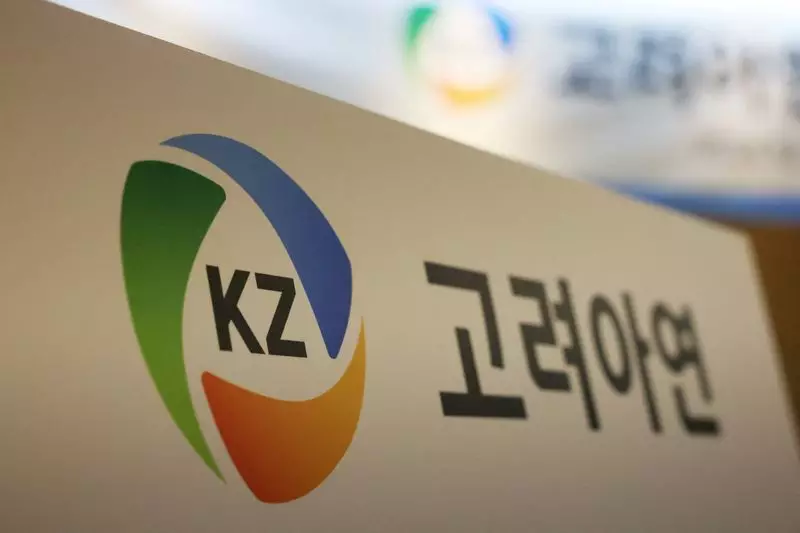Korea Zinc, a global leader in zinc refining, found itself in turbulent waters following the announcement of its new share sale plan, valued at approximately $1.8 billion, on October 30. However, the South Korean financial regulator’s decision to suspend this ambitious initiative has raised questions about regulatory frameworks and corporate governance in South Korea’s financial sector. The implications of this suspension are significant, not only for Korea Zinc but for the broader investment landscape as well.
The Financial Supervisory Service (FSS) of South Korea flagged several serious issues with Korea Zinc’s share sale proposal. According to their filings, the regulator expressed dissatisfaction with the proposal’s lack of clarity regarding its intended purpose and the decision-making process involved. Moreover, discrepancies were noted when comparing the current share sale plan with a previous tender offer. These concerns imply that the company may not have adequately communicated its strategic objectives or followed acceptable due diligence practices—essential factors that investors and regulators alike consider vital for ensuring informed decision-making.
The fallout from this regulatory scrutiny has been immediate and severe. Shares of Korea Zinc plummeted by as much as 8% following the announcement of the suspension, erasing gains achieved earlier in the trading day. Such market reactions underline the sensitivity investors have toward corporate governance issues and how quickly sentiment can shift when potential ethical violations are suggested. In the context of South Korea’s fast-paced financial environment, this episode serves as a reminder of how intertwined regulatory compliance and market confidence are.
Korea Zinc’s decision to initiate a share sale came shortly after it had completed a significant buyback of its own shares, which raised eyebrows among analysts and led to an FSS probe into the fairness of the new share issuance amid potential conflicts of interest. The timing of these actions has led to speculation regarding the motivations of the company’s leadership and whether any unfair practices were at play. In light of these questions, Korea Zinc’s public response sought to clarify that the considerations for the share sale emerged only after the buyback concluded, illuminating the complexities surrounding corporate decision-making.
The leadership dynamic within Korea Zinc adds an additional layer of complexity to this situation. Led by the Choi family, the company has been engaged in an intense power struggle with the founding Chang family, in which strategic financial maneuvers like the proposed share sale have far-reaching implications. The impending demand from the FSS for a revised share sale plan places further pressure on Korea Zinc as it navigates these competing internal interests alongside external regulatory pressures.
The suspension of Korea Zinc’s $1.8 billion share sale is a notable incident that amplifies discussions regarding transparency, regulatory oversight, and corporate responsibility in South Korea’s dynamic financial markets. As Korea Zinc works to revise its plan and clear the air with regulators, the broader financial community is left to ponder the implications of this case for future corporate governance considerations. Ensuring robust and transparent practices will be crucial in restoring investor confidence and navigating the challenges that lie ahead for Korea Zinc and its stakeholders.

